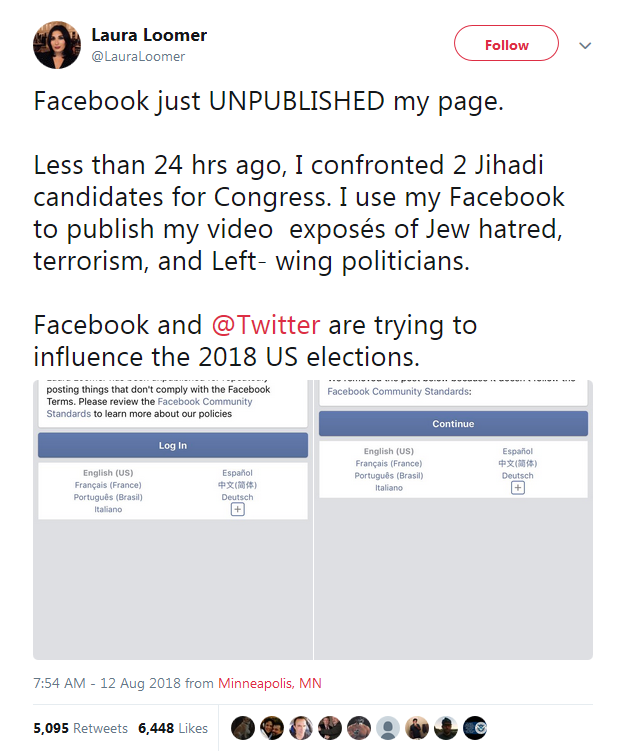Florida’s Governor Ron DeSantis (R) signed a bill that returns the ability to vote to felons when certain conditions are met. However, in his piece at the link, Arian Campo-Flores wrote
Under the bill, the state doesn’t automatically restore rights to felons who completed their sentences but have outstanding fines, fees, or restitution—common for many released from prison.
That’s a misunderstanding of the law and of the Florida Constitutional Amendment that prompted it. Either the felon has completed his sentence, or he has not. If he still has outstanding fines, fees, or restitution, he hasn’t completed his sentence.
Being released from prison is an important milestone, but it in no way signifies completion of anything. Here is Florida’s Voting Restoration Amendment as it appeared on the ballot:
Constitutional Amendment Article VI, Section 4. Voting Restoration Amendment This amendment restores the voting rights of Floridians with felony convictions after they complete all terms of their sentence including parole or probation. The amendment would not apply to those convicted of murder or sexual offenses, who would continue to be permanently barred from voting unless the Governor and Cabinet vote to restore their voting rights on a case by case basis.
The Amendment passed, and this is how it appears in the Florida Constitution [non-italicized emphasis added]
Article VI, Section 4. Disqualifications.—
(a) No person convicted of a felony, or adjudicated in this or any other state to be mentally incompetent, shall be qualified to vote or hold office until restoration of civil rights or removal of disability. Except as provided in subsection (b) of this section, any disqualification from voting arising from a felony conviction shall terminate and voting rights shall be restored upon completion of all terms of sentence including parole or probation.
(b) No person convicted of murder or a felony sexual offense shall be qualified to vote until restoration of civil rights.
All terms of their sentence means all terms, not some of them.

